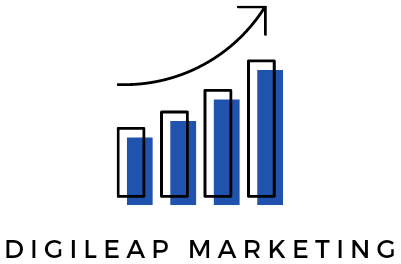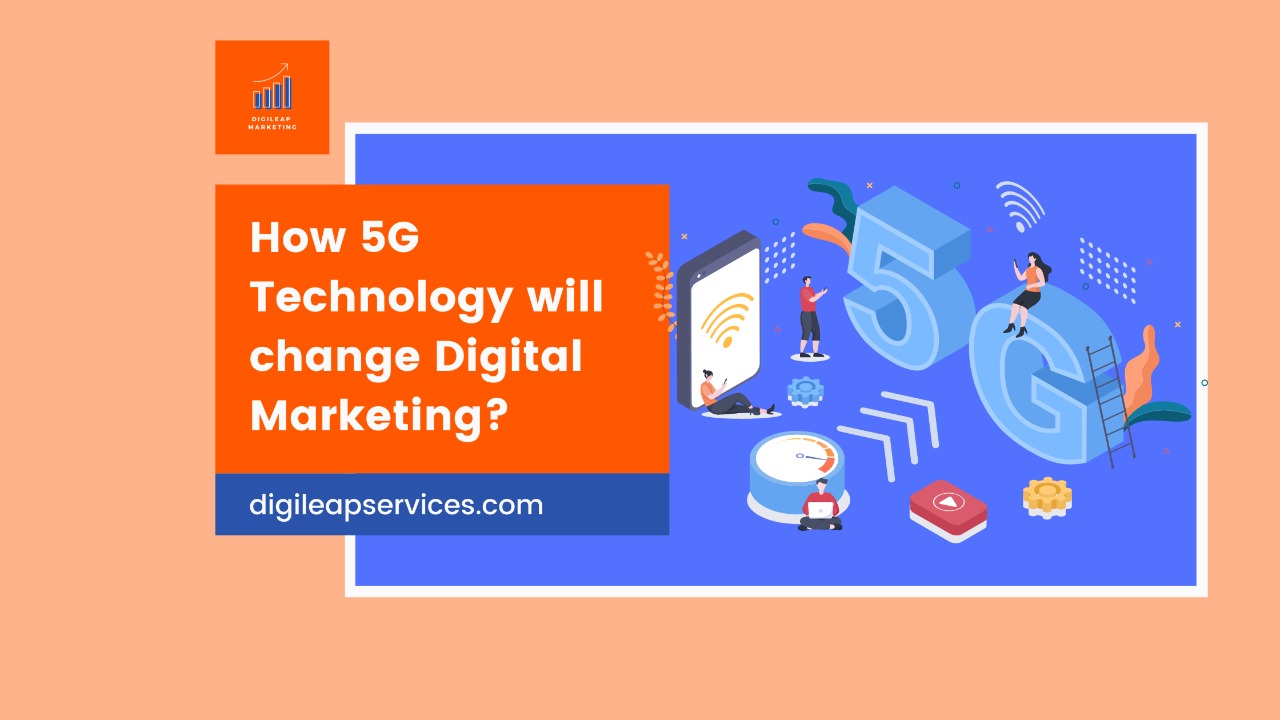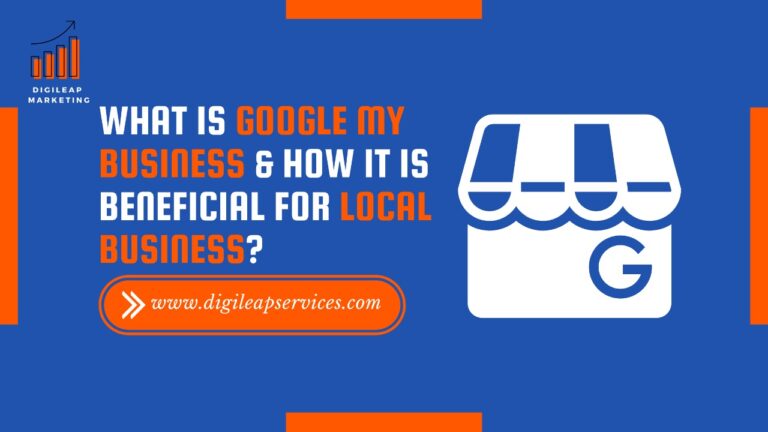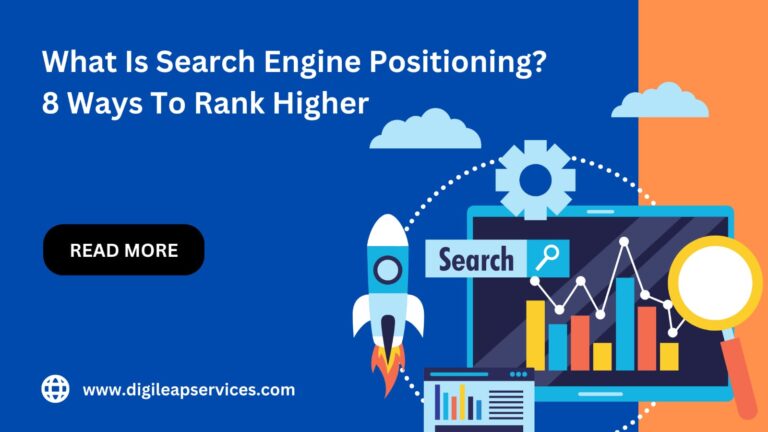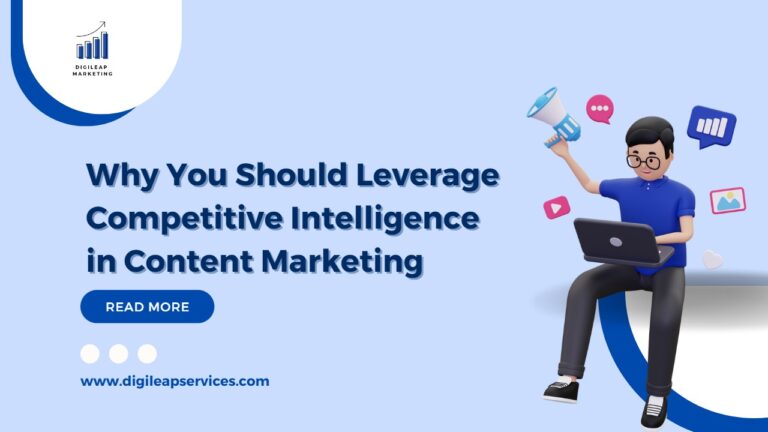How 5G technology will change digital marketing?
We live in a world where countrywide 5G technology is an everyday reality. This means faster phones, internet, and streaming capabilities for most people. It’s a new space of possibilities waiting to be explored for digital marketing. We work in an industry where user experience is at the top of every company’s priority list, and it seems that everything is possible with 5G, especially as digital marketers. We will now look over a few ways to open doors for digital marketers.
Some of the ways that 5G will change digital marketing:
- Video Marketing: – Mobile video advertising in the US nearly doubled while majority were still operating on 4G internet speeds in 2020. The industry anticipates mobile video advertising to rise yet again due to the capabilities of 5G technology, now in 2021. While it currently takes about 360 seconds to download a 2-hour movie with 4G network speed, it will take 3.6 seconds with 5G. This high leap in speed allows exploring campaigns for video marketing with higher quality content at a more consistent rate. Consumers will be more likely to open video advertisements as higher definition video becomes more accessible on more devices.
- Acceleration in the mobile ecommerce industry: – Shopping mobile used to make up a small percentage of the overall e-commerce industry. More than two-thirds of internet sales now occur on mobile devices, and 5G will only accelerate this success. Despite the significant growth, consumers continue to have problems when buying, with latency being the most frustrating. As 5G networks accelerate, zero latency will eliminate this annoyance.
- Immersive Technology: – Augmented reality (AR) and virtual reality (VR) are popular immersive technologies that gradually integrate into mobile platforms. However, immersive Technology needs a large amount of bandwidth that cannot be fully provided with 4G. But AR and VR with 5G have the potential to proliferate into the mobile advertising world.
- Interactive advertising: – Before 5G was introduced, interactive ads had negatively impacted website performance, which has caused increased download times and sometimes crashing websites. Ad loads have become non-existent with 5G. This has created an opportunity for marketers to integrate high-level interactive ads that will allow more consumer engagement.
- Geotagging and user tracking: – It has always been essential to know a consumer’s demographic information. Companies were able to keep some watch on their primary consumer and what they were doing during the later stages of 4G. Along with the data, companies can collect with 5G speeds; ads can change in real-time on different devices, depending on who is watching and are they feeling about it.
- Faster load speeds: – 5 G’s have faster load speeds. Do you remember how broadband internet-fuelled media consumption on desktops and side by side drove digital advertising opportunities? Faster speeds mean more material, including websites, apps, games, and other media. This will result in more advertising chances on mobile devices. Consider how many more people will use their mobile devices if the material is delivered to them at a faster rate.
- Improved Ad experiences: – There is much room for ad quality and delivery on mobile devices, improving the user experience. Lag delays and latency in mobile advertising have long influenced the split-second load of a page’s contents and intended adverts. Slower load times rob advertisers of the potential to engage with the appropriate consumer at the right time in an age when people are continuously scrolling. While the jury is still out on whether 5G allows for higher quality video in commercials, an essential feature like loading an ad on time can improve the user’s experience and make them less frustrated with ads.
- B2B Targeting: – This may seem like a far-fetched prediction, but 5G can improve targeting for specific business-focused audiences. Qualcomm declared at the Mobile World Congress that 4G is for consumers and 5G is for businesses. Its faster speeds will allow commercial applications to run more smoothly, increasing activity and use. As a result, user data is more accurate and up to date. These mobile business app experiences are difficult to perfect. As 5G boosts business application utilisation, B2B advertising may develop new approaches and tactics.
So, now we understand that how 5G will change digital marketing, and whole internet operations. It has significantly impacted video marketing, accelerating the mobile ecommerce industry for immersive Technology, interactive marketing, geotagging & user tracking, fast load speeds, improved ad experiences, and B2B targeting. This is not the end of the potential that 5G can bring to the marketing industry. The reality is that 5G is a novel concept, and its capabilities have yet to be revealed. We know that the marketing and advertising landscape we live in now will be very different in five years.
If you are looking for more blogs like this. Visit our site www.digileapservices.com.
